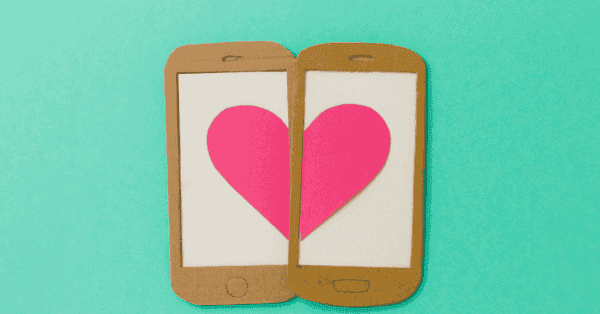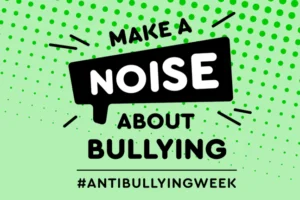Dating dignity
How a young person feels about themselves – let’s call it their awareness of dignity – will affect how they act in relationships. If they have few opportunities to socialise with others their age because of disabilities, learning difficulties or responsibilities at home, they tend to look online for love and admiration more than other teens do. The drive to belong and be loved is so powerful that safety rules are forgotten.
Mental health and emotions are strong drivers of all we do. People with an eating disorder are more than three times as likely to share explicit images than teens without difficulties. Isolation or feeling alone can also lead teens to look for social life online: young carers are twice as likely to share these images than teens with no responsibilities or additional needs. They feel ‘noticed’ and some see it as a gateway in to the teenage social and romantic life they crave. Others are looking to their online life to compensate for their real-life struggles. Some teenagers simply believe it is required in a relationship if you want to keep your partner.
Sharing explicit images or ‘sexting’ can occur as a result of being pressured or blackmailed into it. Those most likely to say this happened to them, are those with an eating disorder, young carers, those with autism and those in care. We also learn that over half the young people with hearing loss who shared an image, said they were pressured or blackmailed to do it. Some thinspiration ‘coaches’ are exerting incredible pressure on young people to be thinner – shading into rigid control and making their target send images every day. Others pressure boys to bulk up their bodies and send photos to illustrate this. They may claim it is a relationship and say loving things to get more images.
Gaps between digital and emotional skills
There can also be a gap between a child or teen’s ability to use technology and how they understand long term consequences. If they are very compliant and trusting, they may be eager to do what their ‘partner’ wants them to do or fail to recognise if they’re being manipulated. This can take the form of putting images of themselves out there, sharing too much information, which leads someone to offer them ‘protection’ and belonging, which can turn to control or even exploitation later. The biggest defence for our teens is to be loved and supported in a way that allows for relationships and feelings to be openly and often discussed in a safe way with trusted adults. Encouraging healthy relationships in the teen years involves a letting go that is hard for parents who are naturally protective and especially so if their child is vulnerable offline. So start young helping a young person to be aware, gain skills, consider scenarios and understand that relationships are not always what they seem. This can set the pattern for talking things through with a trusted adult before they are in a relationship.
What is OK within a relationship?
Parents and carers should be talking about what a good relationship looks like in any environment, rather than worry excessively about the online world. What is OK? It seems that teens think it’s a sign of trust between a couple if your partner looks through your phone without permission and over one third of boys believe sharing nude images in a relationship is expected. More than half of young people with a mental health difficulty shared an image ‘because I was in a relationship and wanted to share it’.
Young people who are vulnerable offline are more than twice as likely as their peers to agree to meet up with someone they met online. Those with hearing loss or learning difficulties were most likely to say afterwards that this person was not about the same age as me.
So-called relationships online may be nothing of the sort. Those with hearing loss, eating disorders, mental health difficulties, care experienced or who say ‘I worry about life at home’ were more than twice as likely as other teens to report that ‘someone tried to persuade me into unwanted sexual activity’.
Support no shame or blame
So while parents should be alert they should also aim to strengthen their child’s skills:
- Do talk openly and often about relationships
- Include what is OK and what is not
- Explain some people online are not who they say they are
- Some people are not kind – it’s hard but there are others who are
- Some relationships break up and it is heart breaking, but there will be more
- You are a valued and loved person and you never have to prove this to anyone by doing things we have agreed are not OK
- Your body is private
- Talk about situations, exploring ‘What would you do if…? Or what do you think a fictitious person should do if this happens to them?
- Encourage talking tactics to solve problems with a trusted adult
- Understand the importance of an online identity
- Support, don’t shame or blame the young person if a problem occurs






